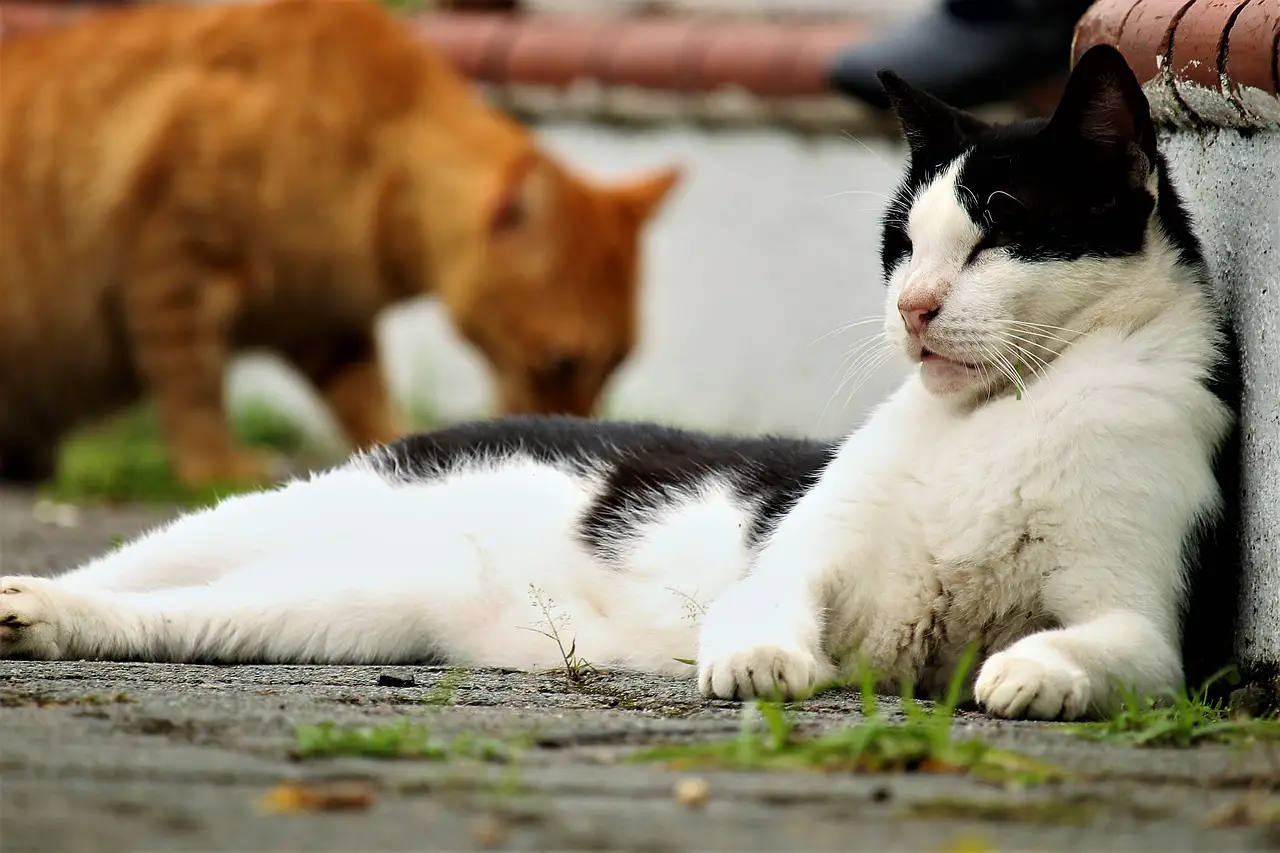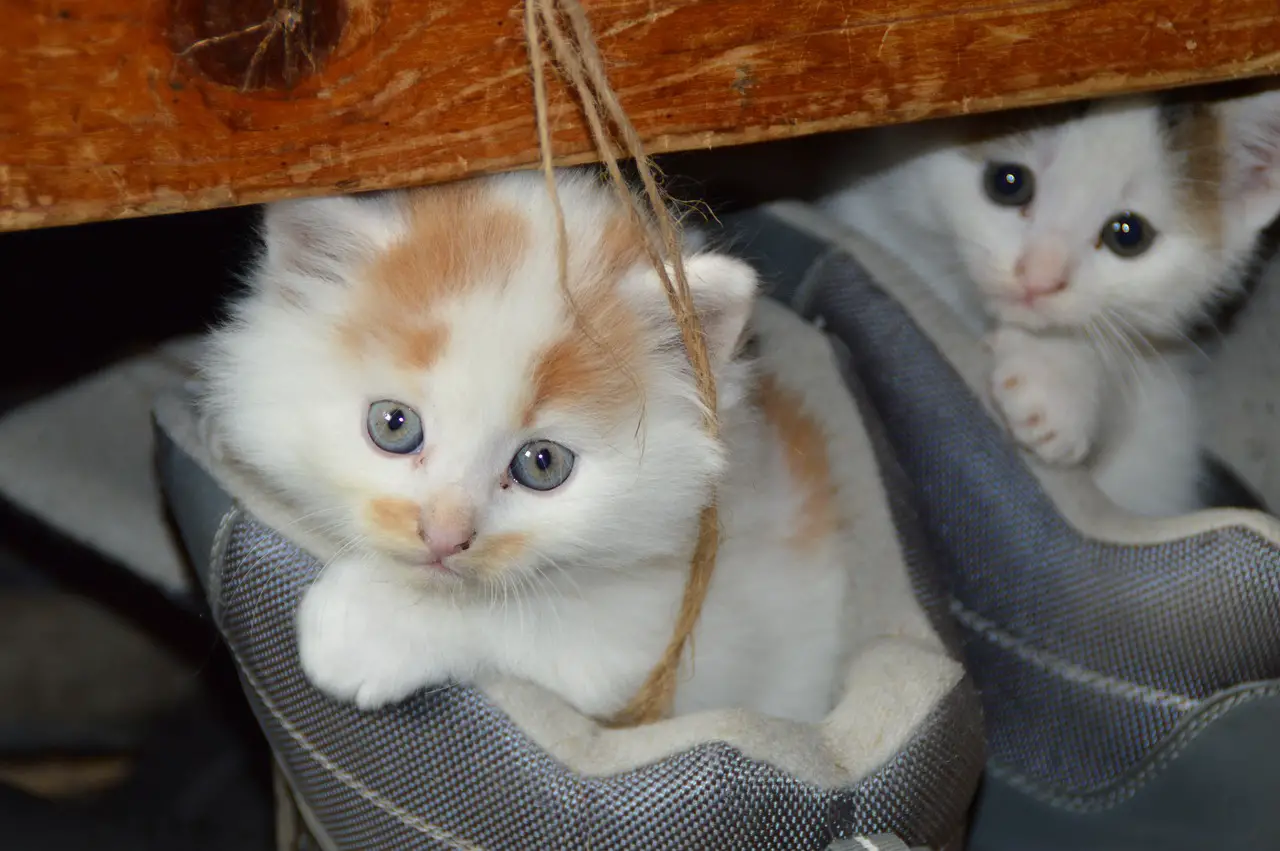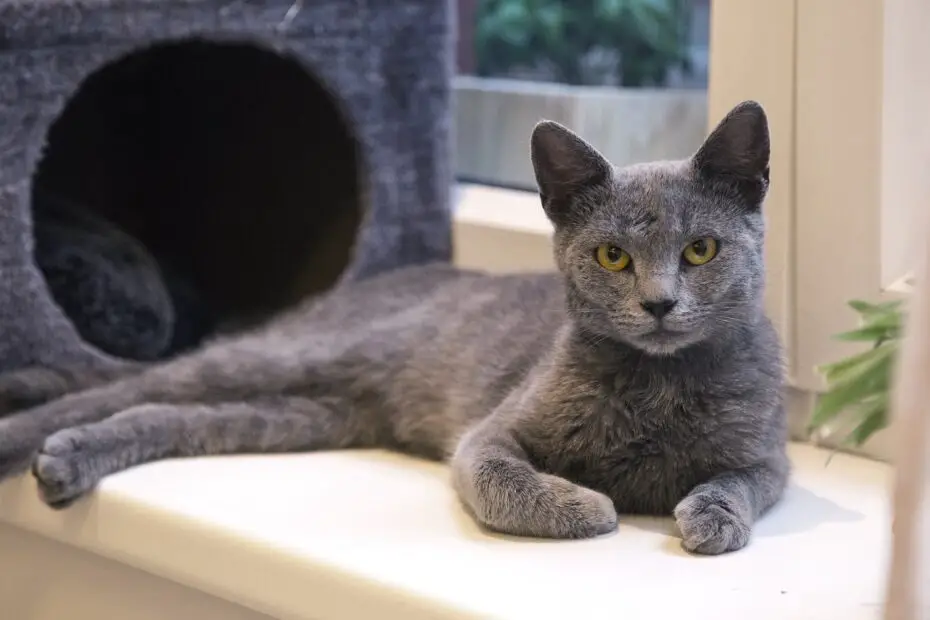In a world filled with hustle, bustle, and daily stressors, many people seek solace and relief in the warm and gentle presence of cats. These furry companions have a remarkable ability to provide comfort, ease stress, and alleviate anxiety. In this blog, we’ll explore the healing power of cat therapy and how these enchanting creatures can be instrumental in improving mental and emotional well-being.
You may also want to know if cats can swim.
The Science Behind Cat Therapy
It’s not just anecdotal; there’s scientific evidence to support the therapeutic benefits of spending time with cats.
1. Stress Reduction
Interacting with cats has been shown to reduce stress levels. Petting a cat can trigger the release of oxytocin, a hormone associated with bonding and relaxation. This natural chemical reaction contributes to a sense of calm and well-being.

2. Lowered Blood Pressure
The soothing presence of a cat can also have a positive impact on blood pressure. Research has demonstrated that cat owners tend to have lower blood pressure and heart rates compared to those without pets.
3. Reduced Anxiety and Depression Symptoms
Spending time with a cat can help alleviate symptoms of anxiety and depression. The companionship and unconditional love provided by cats can improve mood and reduce feelings of loneliness.
4. Distraction from Negative Thoughts
Cats are masters at capturing our attention with their playful antics and endearing behavior. When you focus on interacting with your cat, it can divert your mind from negative or anxious thoughts, providing a mental break.
How Cats Provide Emotional Support
Cats offer emotional support in a variety of ways:
1. Unconditional Love
Cats have an uncanny ability to form strong bonds with their owners. Their affectionate nature and constant companionship can provide a sense of unconditional love and acceptance.
2. Non-Judgmental Companionship
Cats are non-judgmental companions. They don’t criticize or condemn; instead, they offer a safe and judgment-free space where you can be yourself without fear of evaluation.
3. Routine and Structure
Caring for a cat often requires establishing routines, including feeding, grooming, and playtime. These routines can provide a sense of structure and purpose, which can be particularly beneficial for individuals struggling with anxiety or depression.
4. Comfort and Affection
Cats are known for their affectionate gestures, such as kneading, purring, and nuzzling. These behaviors not only bring joy but also convey a sense of comfort and security.
Therapeutic Roles of Cats
Cats play various therapeutic roles, making them valuable companions for individuals dealing with stress and anxiety:
1. Emotional Support Animals (ESAs)
Cats can be certified as emotional support animals, providing their owners with legal rights to have them in housing units or during air travel. Many people rely on their cats for emotional support and comfort.

2. Therapy Cats
Some cats are specially trained as therapy animals to visit hospitals, nursing homes, and schools. These visits offer comfort and emotional support to patients, residents, and students facing various challenges.
3. Service Cats
Service cats are trained to assist individuals with specific disabilities, such as post-traumatic stress disorder (PTSD) or autism. They can provide emotional grounding and a sense of security to their owners.
Cats and Mindfulness
Mindfulness is the practice of being present in the moment, fully aware of your thoughts, feelings, and sensations without judgment. Cats can be wonderful facilitators of mindfulness:
1. Focused Attention
When you spend time with your cat, you naturally focus your attention on their actions and behaviors. This simple act of observing your cat’s actions can bring you into the present moment.
2. Sensory Engagement
Cats engage multiple senses, including touch, sight, and sound. The tactile sensation of petting, the visual appeal of their movements, and the soothing sound of their purring can all contribute to a mindful experience.
3. Stress Reduction
As mentioned earlier, interacting with cats triggers the release of oxytocin and lowers stress levels. This chemical reaction can help ground you in the present and reduce anxiety.
Cat Therapy and Coping with Trauma
Cats can play a crucial role in helping individuals cope with trauma and post-traumatic stress disorder (PTSD). Here’s how:
1. Emotional Support
Cats offer a non-judgmental source of emotional support. Their presence can provide comfort and reassurance, which can be particularly beneficial for individuals dealing with trauma-related anxiety or flashbacks.
2. Sensory Soothing
Cats’ purring and soft fur can have a calming effect on the nervous system. The sensory experience of petting and cuddling with a cat can help reduce anxiety and promote relaxation.
3. Establishing a Safe Space
Cats often create a sense of safety and security in their homes. For individuals who have experienced trauma, having a cat as a companion can help establish a safe and nurturing environment.
Cats as Social Facilitators
Cats can also serve as social facilitators, helping people connect with others:
1. Bonding Over Cats
Cats provide a common topic of conversation and shared interest among cat owners. It’s not uncommon for cat enthusiasts to form friendships and social connections through their shared love of felines.
2. Reducing Social Isolation
For individuals who may struggle with social anxiety or find it challenging to connect with others, cats can serve as companions, reducing feelings of isolation and loneliness.
3. Building Empathy
Caring for a cat encourages empathy and compassion. These qualities can extend beyond the relationship with the cat and influence how individuals interact with others in their lives.
Practical Tips for Cat Therapy
If you’re considering cat therapy or already have a feline companion, here are some practical tips to enhance the therapeutic benefits:
1. Quality Time
Spend quality time with your cat, whether it’s through petting, playing, or simply enjoying their presence. Regular interaction deepens the bond and enhances the therapeutic effect.
2. Create a Calm Environment
Provide a peaceful and secure environment for your cat. Cats thrive in environments where they feel safe and unthreatened.
3. Mindful Moments
Use interactions with your cat as opportunities for mindfulness. Focus on the sensory experience, and let go of worries and distractions.
4. Professional Help
If you’re struggling with severe anxiety or mental health issues, it’s essential to seek professional help. A therapist or counselor can work with you to develop a comprehensive treatment plan that may include cat therapy as a supportive element.
Conclusion: The Gift of Feline Companionship
The healing power of cat therapy is a testament to the profound connection between humans and cats. These remarkable creatures offer love, comfort, and support to individuals facing life’s challenges, whether it’s stress, anxiety, trauma, or loneliness.
If you’re fortunate enough to share your life with a cat, cherish the gift of their companionship. And if you’re considering welcoming a cat into your home, know that you’re embarking on a journey of healing, comfort, and unconditional love that can enrich your life in immeasurable ways. In the gentle purrs, soothing cuddles, and playful antics of your feline friend, you’ll find solace and serenity—an ever-present source of comfort in an often chaotic world.
